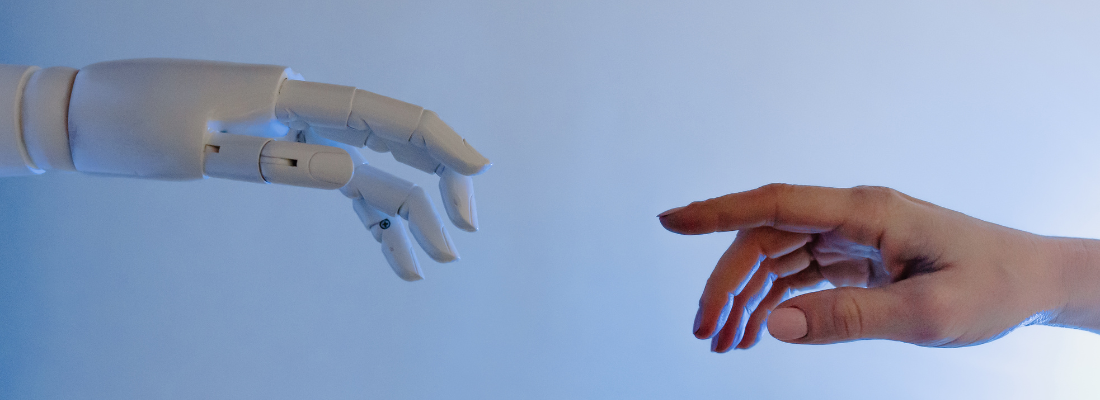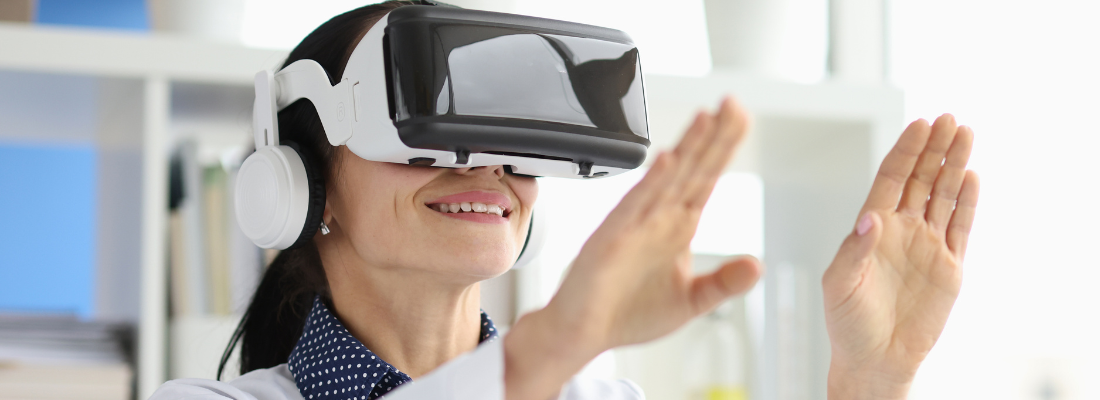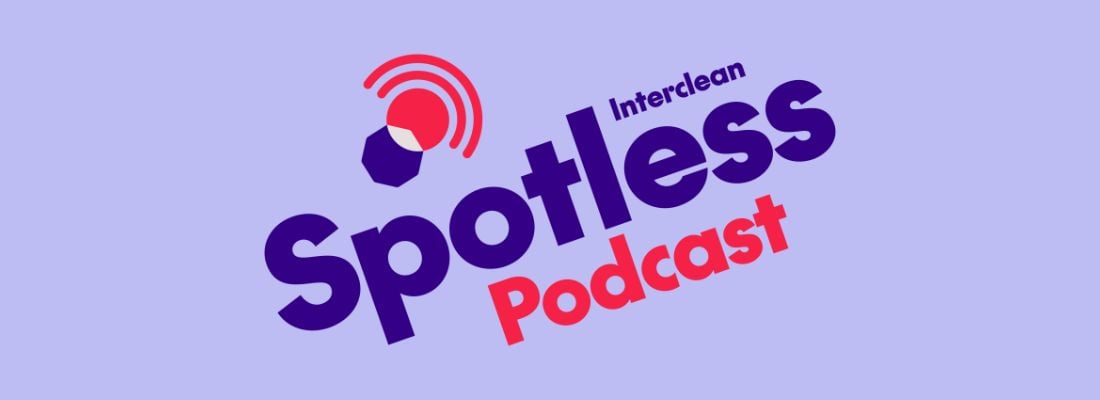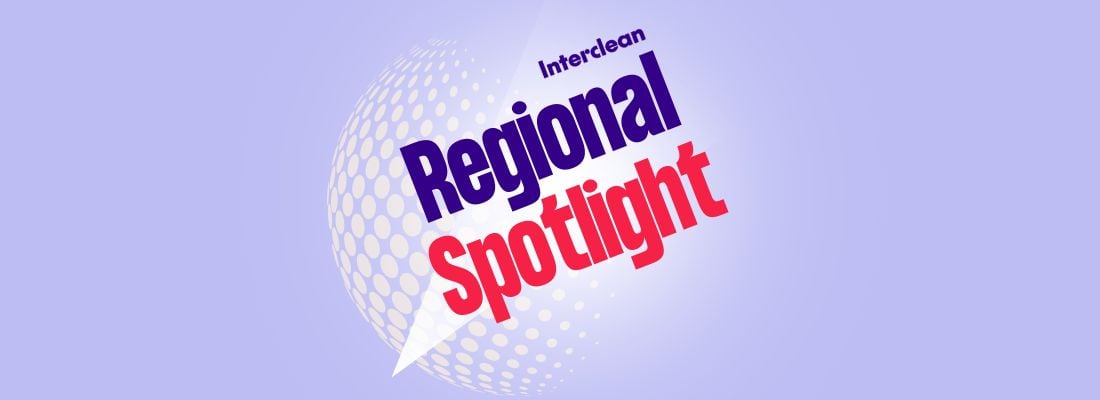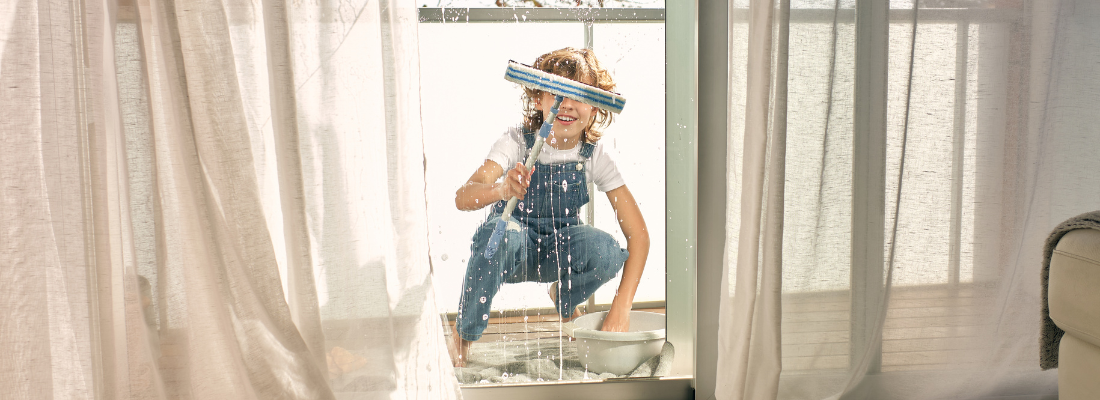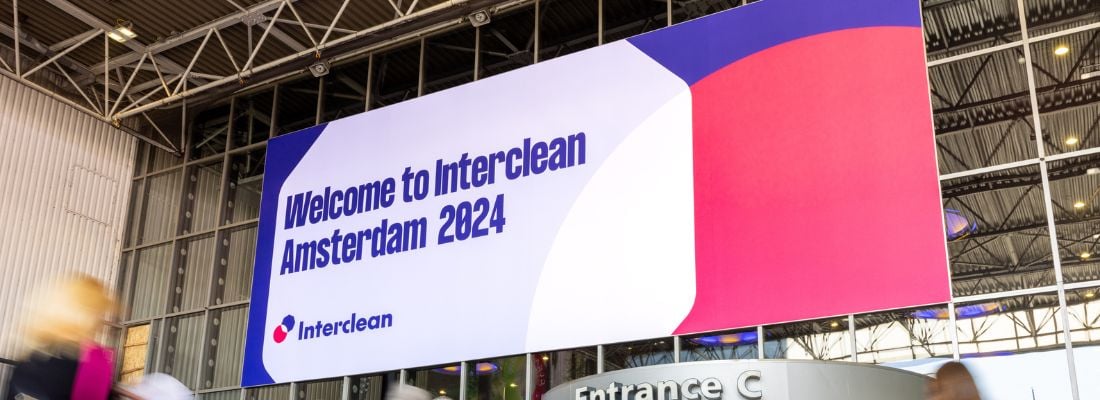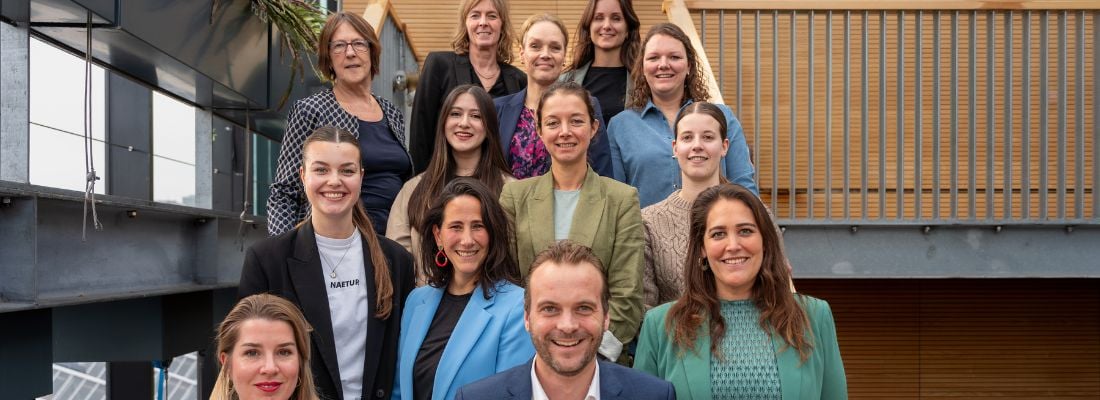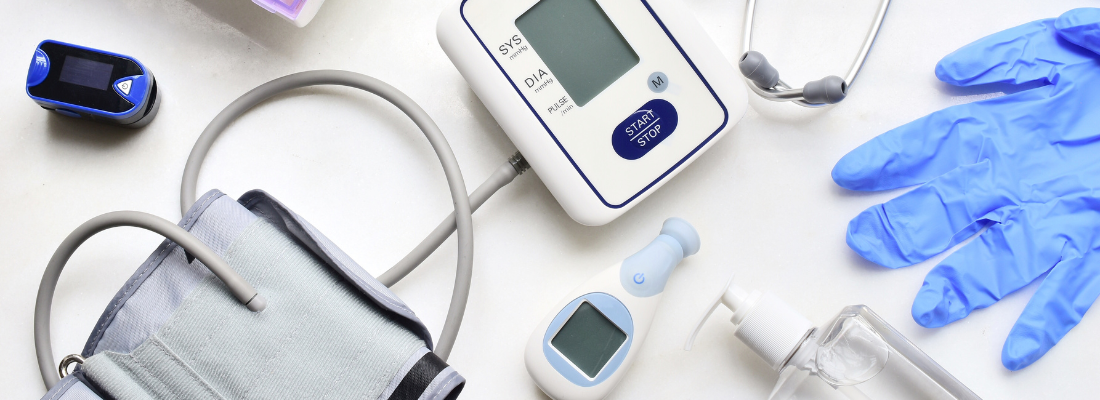AI in Cleaning and Hygiene: Latest Innovations Across Asia
Introduction: The rise of AI in cleaning
As the world continues to embrace technological advancements, the professional cleaning and hygiene industry is undergoing a remarkable transformation driven by artificial intelligence (AI). AI is not just a buzzword; it’s becoming a crucial player in enhancing efficiency, improving hygiene standards, and meeting the evolving demands of consumers. The Asia-Pacific region, in particular, is emerging as an exciting "breeding ground" for these innovations, propelled by a unique combination of rapid urbanisation, technological expertise, and a growing awareness of hygiene.
Asia Pacific cleaning sector thrives
The Asia-Pacific cleaning sector is experiencing an unprecedented boom. According to a report by the European Cleaning Journal, the adoption of AI technologies in this region is accelerating, with countries like China and Japan leading the charge. China, for instance, boasts the highest adoption rate of AI and automated equipment in both household and industrial applications. This dominance significantly influences the growth of the cleaning industry, as manufacturers are encouraged to integrate AI-powered solutions into their cleaning equipment.
The increasing demand for cleanliness, particularly after the COVID-19 pandemic, has further fuelled this trend. The cleaning industry has capitalised on the situation by innovating and adapting, leveraging AI technologies to meet heightened expectations for hygiene and safety.
Events like the upcoming Interclean Shanghai 2024 trade show are facilitating these advancements, showcasing the latest developments and encouraging collaboration among industry leaders.
AI applications in Asian cleaning industries
1. Advanced sensor technology and data-driven cleaning
In South Korea, LG Electronics has pioneered the use of AI in cleaning with its CLOi UV-C Bot, a robot designed to disinfect surfaces using UV-C light. This innovation highlights the broader trend of integrating Internet of Things (IoT) sensors to monitor air quality and optimise cleaning schedules. With real-time data analysis, cleaning operations can become proactive rather than reactive, ensuring that spaces remain hygienic at all times.
2. AI-powered disinfection and smart cleaning solutions
China's Gaussian Robotics is leading the way with its Scrubber 50, an autonomous floor cleaning robot that utilises AI algorithms for targeted disinfection, especially in high-traffic areas. The demand for such AI-driven solutions has surged post-pandemic, highlighting the importance of intelligent cleaning management systems that personalise cleaning schedules based on data analytics.
Indonesia is also making strides in this arena, with companies like PT. Kawan Lama Sejahtera offering AI-powered industrial cleaning solutions. These technologies not only enhance operational efficiency but also improve safety in industrial settings.
In Malaysia, Klean Robotics is deploying AI-powered robots in public spaces, such as airports and shopping malls, ensuring high hygiene standards through real-time monitoring and efficient cleaning schedules. Meanwhile, in Singapore, SmartClean's AI platform is revolutionising hygiene management in smart buildings, ensuring compliance with stringent cleanliness regulations in public places.
3. Autonomous Cleaning Robots
The rise of autonomous cleaning robots is transforming how cleaning tasks are performed. Japan stands at the forefront of this trend with SoftBank Robotics’ Whiz, an AI-powered vacuum cleaner that has found applications in hospitals and public facilities. The increasing adoption of these robots is evident in Japan's FamilyMart, which has begun rolling out cleaning robots in 300 convenience stores to tackle labour shortages.
In Hong Kong, Avalon SteriTech has introduced the Whiz Gambit, a smart cleaning robot combining advanced bio-decontamination technology with SoftBank’s AI capabilities. This partnership showcases how collaboration can lead to innovative solutions that enhance public health.
In China, companies like Ecovacs Robotics and Roborock are pushing the boundaries of household and commercial cleaning technology with their AI-driven robotic solutions. These innovations not only promise efficiency but also elevate hygiene standards in various settings.
While in Singapore a fully autonomous AI powered waterway cleaning robot was developed by Weston Robot, a Singapore-based robotics firm that has deployed more than 300 autonomous robots across the island.
India has introduced its first septic tank cleaning robot, marking a revolutionary step towards eliminating manual scavenging and promoting sanitation and hygiene across the nation. Developed by Solinas, a startup incubated at the Department of Science and Technology (DST)-Technology Business Incubator (TBI) of IIT Madras, the Homosep Atom is at the forefront of transforming manual cleaning methods into robotic solutions.
In Thailand Metthier has unveiled next generation cleaning robots empowered by IoT technology encouraging government to prepare a legal framework for technology adoption.
4. Smart cleaning solutions in hospitality
The hospitality sector is another area where AI is making significant inroads. In Thailand, Robot Galaxy Kids has developed AI-driven cleaning robots tailored for hotels and resorts, ensuring thorough cleaning and disinfection of guest rooms and common areas. As safety and satisfaction become paramount in hospitality, the adoption of AI solutions is likely to grow.
5. AI-driven hygiene monitoring
AI’s capabilities extend beyond cleaning; they also play a critical role in hygiene monitoring. In Vietnam, VinBrain is developing AI systems specifically for healthcare settings, ensuring hygiene standards are met in hospitals and clinics and infection rates in healthcare facilities are reduced. In India, Milagrow Robots is leveraging AI with its Milagrow Robots’ iMap 10.0 - an AI-powered floor cleaning robot for predictive maintenance and resource optimisation in cleaning operations. This once again underlines the increasing investment in AI technologies for the cleaning industry.
Challenges and opportunities
Despite the promising landscape, several challenges remain. Data privacy and security concerns are paramount, especially with the increased data collection associated with AI systems. Additionally, technical limitations and the cost of implementing these technologies can hinder widespread adoption. The drive to make AI solutions affordable and accessible to businesses of all sizes is fuelling these exciting developments.
However, the benefits are undeniable. Increased efficiency, significant cost savings, and improved hygiene standards are compelling reasons for businesses to invest in AI technologies.
Future trends and outlook
Looking ahead, the potential of emerging AI technologies—such as computer vision, natural language processing, and machine learning—could further revolutionise the cleaning industry. The integration of AI with IoT, robotics, and big data is already paving the way for smarter cleaning solutions. A lot of new tech is also incorporating multiple capabilities into one machine that goes beyond cleaning; they can collect data for research and improve management processes.
Ethical considerations also need to be addressed as AI becomes more integrated into everyday operations. Businesses must ensure that they use AI responsibly and transparently, fostering trust among consumers.
Conclusion
The key trends and challenges in AI-driven cleaning in Asia present both opportunities and hurdles. The region's unique landscape makes it a fertile ground for innovation in the cleaning and hygiene industry. As AI technologies continue to evolve, they hold the potential to revolutionise how cleaning services operate, improving hygiene standards and operational efficiency.
As we look forward, it’s crucial for industry stakeholders to engage in ongoing research and development, collaborating across sectors to promote the adoption of AI in cleaning. Together, we can shape a cleaner, safer future.
Join us at Interclean Shanghai 2024!
As we explore these exciting advancements, we invite you to register for Interclean Shanghai 2024—a platform to discover the latest innovations and trends in the cleaning industry. Join thousands of professionals at Interclean Shanghai 2024, China’s only dedicated professional cleaning and hygiene trade show. Don’t miss out on the chance to be part of the future of cleaning!
Receive the best newsletter on cleaning & hygiene - straight to your inbox!
We promise never to send you spam and you can unsubscribe at any time!
